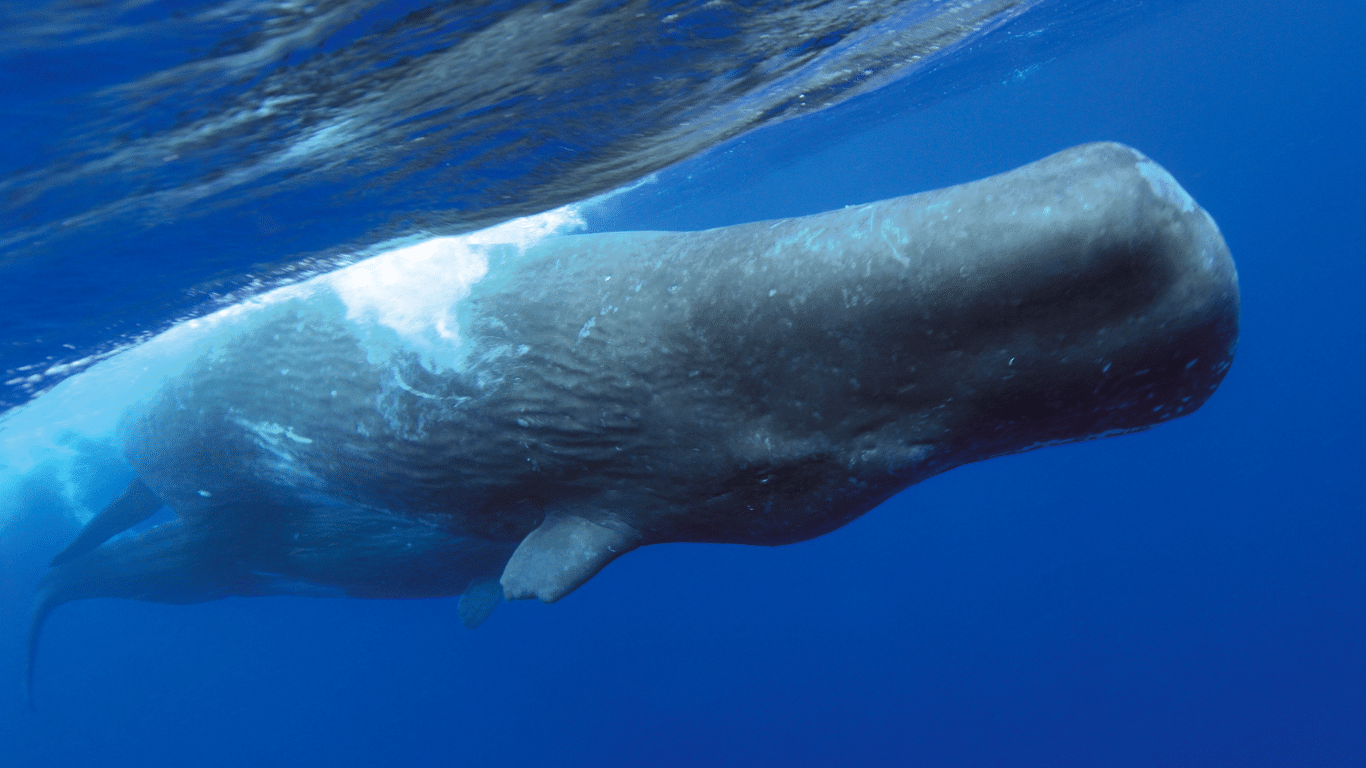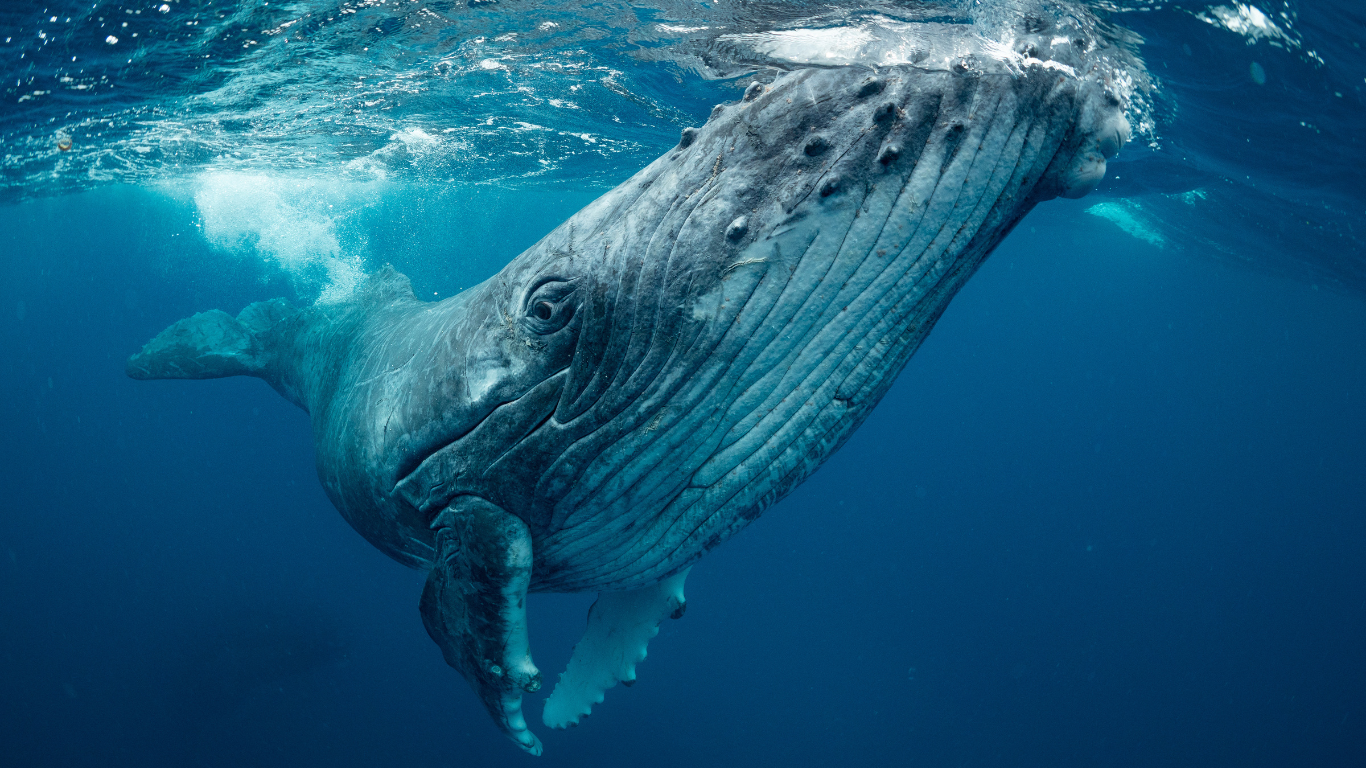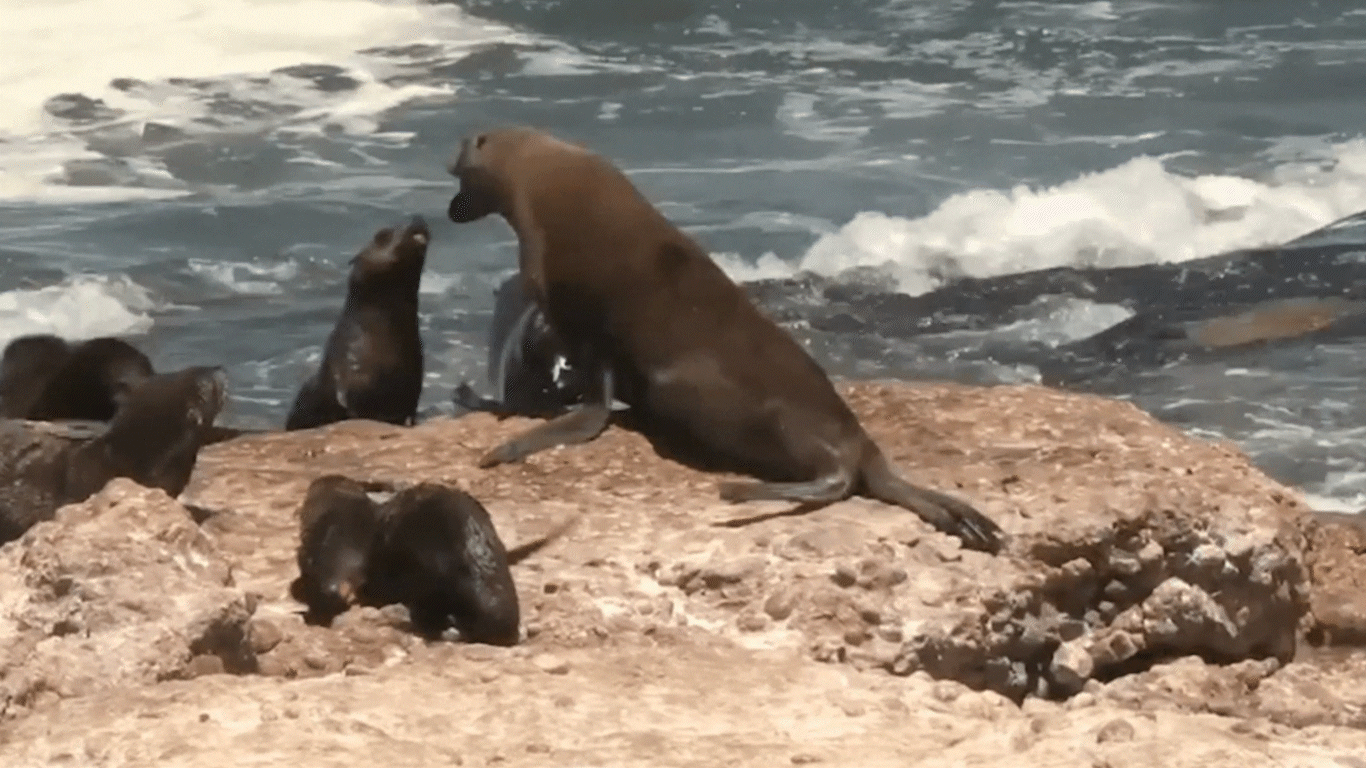Spanish seafood manufacturer Nueva Pescanova is said to be investing $63 million (more than £55 million) to build the world’s first industrial-scale octopus farm in Las Palmas on the Canary Islands in 2023, according to FoodIngredientsFirst.com. The move comes amid increasing consumption of octopus across the Mediterranean, Asia, Mexico and the United States.
The plans have been met with outrage by scientists and environmentalists, who staged protests outside Spanish embassies in more than 20 regions on World Octopus Day earlier this month, including in Tel Aviv, Barcelona, Buenos Aires, Toronto, Mumbai and Mexico City. Opponents are demanding that the Spanish government recognize octopi as sentient creatures and as such reverse the decision to allow the farming project to proceed. They also argue that the mass production of octopi is energy-intensive, produces dangerous emissions, and will further deplete wild fish populations as the octopi will need to be fed. Nueva Pescanova estimates an annual output of 3000 tons of octopus meat which equates to the slaughter of at least 300,000 captive octopi every year.
According to data from the Food and Agriculture Organization, the global octopus trade was worth $2.7 billion in 2019 (nearly £2.4 billion) – double its value in 2010. However, the volume of commercially caught octopus only increased by 9% in that time, prompting companies to explore the viability of industrial breeding. And, while octopus is widely consumed, there are still no laws in Europe, the US, Mexico or Japan around the humane killing of these creatures.
Typically, wild-caught octopi endure agonizing deaths, either by having their heads clubbed, being asphyxiated or being left to die on ice. In the most gruesome cases, their brains are directly cut into without anesthetic. Nueva Pescanova has not disclosed how it will be slaughtering the animals.
“Killing someone as sensitive, emotional, and intelligent as an octopus to eat is about as wasteful as burning Renaissance masterpieces to cook dinner,” said author Sy Montgomery, according to Gritdaily.com. Meanwhile, New York University’s associate professor of Environmental Studies, Jennifer Jacquet, said, “The government has authorized the Pescanova factory, which will be subsidized by taxpayers to mass produce octopuses for luxury markets. This is not visionary — it is unsustainable, polluting, and cruel. There is still time to reverse the decision. We have to stop octopus farming before it begins.” She has submitted a formal objection to the planning process.
Canada’s University of Lethbridge’s Dr. Jennifer Mather, an expert in octopus and squid behavior, believes that an octopus can feel pain at the same level as a vertebrate. “Octopuses can anticipate a painful, difficult, stressful situation – they can remember it. There is absolutely no doubt that they feel pain. Not only that, but they learn to avoid sites where pain has been inflicted on them.”
The company plans to raise the octopi in tanks on land, due to the difficulty in maintaining optimal growing conditions in the open ocean. It isn’t known whether the octopi will be kept in restrictive, individual pipes or in communal tanks. Both these options raise concerns about how the welfare of these solitary creatures will be ensured.
“Octopuses are incredible creatures and should be treated with love and kindness, not imprisoned and slaughtered. They should never be stuck inside tanks, raised on farms, eaten, or abused in any way,” said global campaign coordinator at the Plant Based Treaty, Anita Krajnc, speaking to FoodIngredientsFirst.com.
“These eight-armed geniuses are playful, inquisitive, sensitive, determined and just like every other animal on this planet, worthy of our protection. They are also the world’s most intelligent invertebrate and as smart as a golden retriever.”
It is unclear whether the protests will have any impact on the Spanish government’s decision. To date, around 4,500 opponents have written to officials in the Canary Islands and more than 55,000 people have signed a petition to block plans for Nueva Pescanova’s farm. However, the Spanish government has actively funded several public projects over the past few decades to farm octopi in captivity for human consumption. And, while popular culture increasingly represents the species as sentient and intelligent, the demand for the meat is growing.








